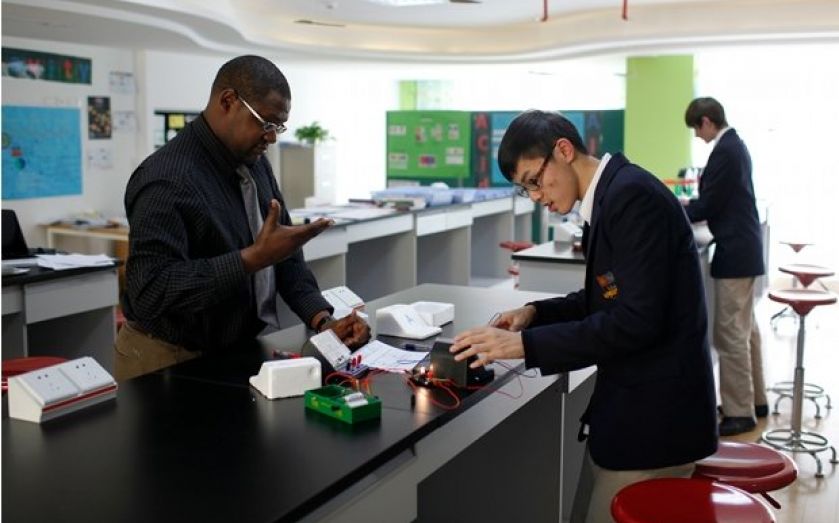Open for business: How universities can boost our long-term recovery

THERE’S been widespread talk recently that the British economy, finally, is taking off. Addressing what will sustain this recovery over the long-term should be a top priority, and the UK government must avoid a pseudo-recovery fuelled by quantitative easing, or relying on puffing up the public sector again. A serious recovery demands a serious rethink of how we operate our economy.
In today’s global marketplace, Britain must grow as a hub of innovation. London – already one of the largest city economies in the world – is a nexus of global trade. To maintain this lead, we need to muster every ounce of competitive advantage. Our universities give us that advantage. Why? Because Britain’s economic prosperity depends on having a knowledge-based economy.
In London, top universities and genuine global leaders abound. A network of institutions provides access to cutting-edge research, expert consultants, and a supply of skilled graduates. Yet British businesses are not taking full advantage of this resource, despite overseas competitors flocking to do business with us. Those competitors are investing in collaboration, working cheek-by-jowl with our outstanding researchers, getting first-mover advantage, and mopping up and commercialising our intellectual property.
British businesses need to actively consider what their local universities could offer: great experts to consult in every conceivable area, cutting edge technological innovation, and comprehensive business support programmes for small and medium-sized businesses.
Similarly, those in universities need to work closer with companies, and be even more flexible and proactive in connecting with business partners.
Earlier this year, for example, UCL licensed a gene therapy programme for haemophilia A to BioMarin Pharmaceuticals. As a result, the treatment will get access to the marketplace, and UCL will receive funds from any profits, that it will then plough back into research. Such collaboration offers a win-win scenario for all involved.
London’s universities are truly international – they provide access to some of the brightest minds in the form of overseas students. A report commissioned by London Higher found that over 100,000 international students come into the capital, generating some £6bn and sustaining 100,000 jobs each year. For those seeking global markets, these young people offer the opportunity to gain a greater appreciation of how to do business overseas, and provide the potential to develop international networks that can be invaluable for export-led growth.
Our universities should make a difference to society, through education, research and the application of knowledge outside of academia. Today, the best way to achieve this is by helping drive economic recovery. That does not mean simply focusing on the short term.
Professor Stephen Caddick is vice-provost (Enterprise) at UCL and a member of the Tech City Advisory Board.